Electric vehicles (EVs) are increasingly adopted and with that, the demand for charging solutions has become more pressing. One common question asks if you can use a portable power station to recharge an electric car. This article explores whether is it possible to use an RMM system with portable power stations, which power stations are likely to work for you, and what limits you might have.
What is a Portable Power Station?
In some ways, portable power stations are just giant batteries used to store electricity for other applications. They are very popular among campers and outdoor enthusiasts and you can easily charge small appliances, and laptops as well as light up places that are far away from the electricity grid. They vary in size, capacity, number of ports, and type (AC outlets, USB ports, and sometimes a DC output).
Do Portable Power Stations Charge Electric Cars?
There are a few factors to figure out if a portable power station is capable of charging an electric car through it.
- Capacity and Output
First, you should know the power station capacity, which is in watt-hours (Wh). This describes how much capacity the station can save and give out. This means that for example if a power plant has 1500Wh capacity, it could supply you with 1.5kw for 1 hour or 300 watts for 5h (and many similar combinations).
For one, electric vehicles are much larger and require more electricity to charge. An average size electric car such as a Nissan Leaf has around 40kWh of battery capacity. Charging a battery of this size and charge level would require not only an equal spec'ed portable power station but also one that is capable of delivering the necessary Amps as well as the voltage for such a device.
- Charging Rate
The other important part is the charging rate, based on how much power the station can put out and where. Common Examples will include Portable Power Stations that aim to be designed for general use such as the LANPWR 1500 which can provide approximately 1500 watts. Since charging an electric vehicle effectively requires more watts of power, turning to a regular portable power station would mean that it could take a long time to allow any decent amount of charge to an EV.ISupportInitialize.
- Connectivity and Compatability
To recharge an electric car, the charger must be compatible with the charging port on the electric vehicle. The vast majority of electric cars use certain charging connectors, such as the J1772 used in North America for Level 1 and Level 2 charging. If you want to charge your car at home, however, portable power stations typically do not feature any Firean-specific AC outlets. So you needed an adapter, and when used with one the charging efficiency and safety could not at all be assured if it was not configured properly or was not compatible.
Portable Power Stations for Charging Your EV When Camping
Emergency Charging
A portable power station like the LANPWR 1500 isn't really practical for everyday EV charging, since its output is lower and it charges more slowly as a result, but in an emergency, it could offer a small kick. For example, a portable power station might be capable of providing just enough range to reach a charging station or get home in an electric car. That would serve a very particular use case and not one that can accommodate general charging needs.
Directing High-Capacity Portable Chargers
If technology progresses enough, those might eventually be replaced by EV-specific portable power stations. Such these would have to offer much larger capacities and be able to charge at far higher speeds to be truly useful. And maybe companies like LANPWR will one day develop extended-range portable power solutions for the charging needs of EV owners, balancing convenience with robust energy output.
Summary
The problem right now is that, while you could in theory plug into an old-fashioned portable power station or even a wall-electric car charging technology won't deliver the charge rate needed for daily usefulness. In an emergency, though, you could pull a portable power station to give your car just enough juice to limp over to a nearby charging station or back home. As battery storage and energy use tech gets better, we might also see some devices purposely designed to be portable power stations. Before, then again enjoyed classic charging stations and home chargers for everyday use and portable power stations for emergencies.

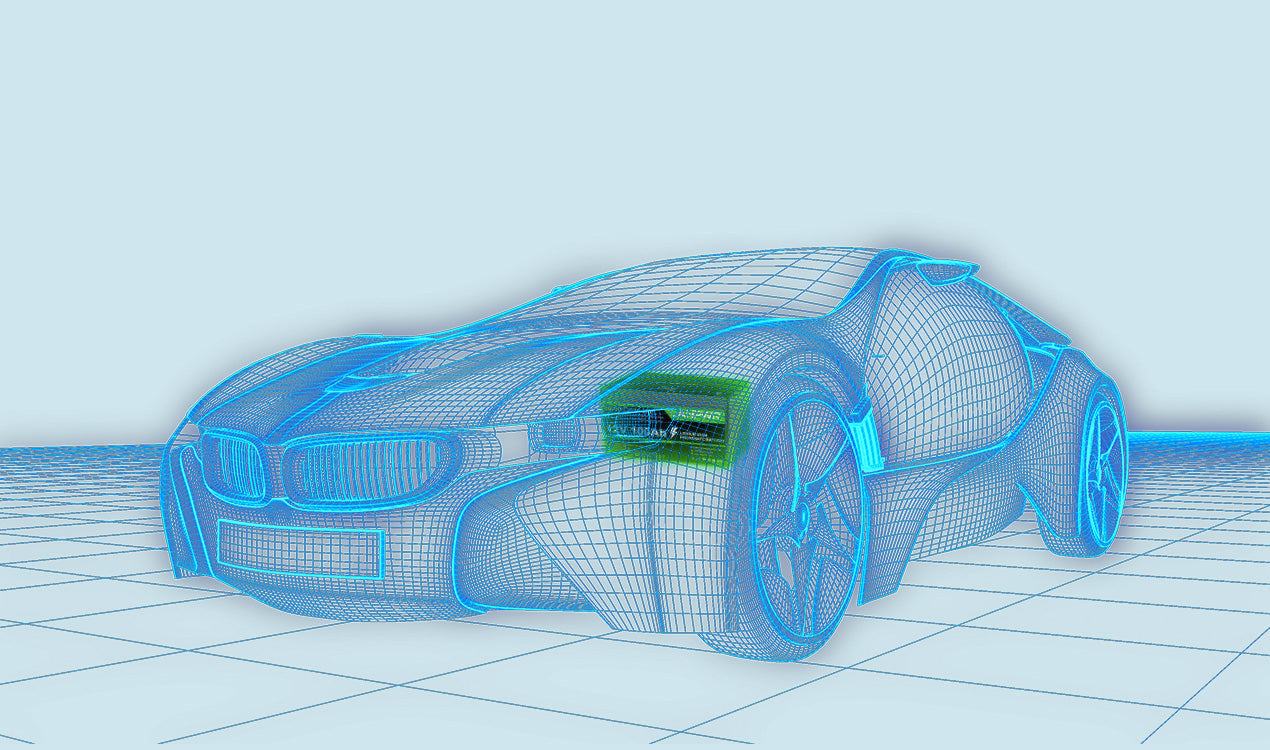
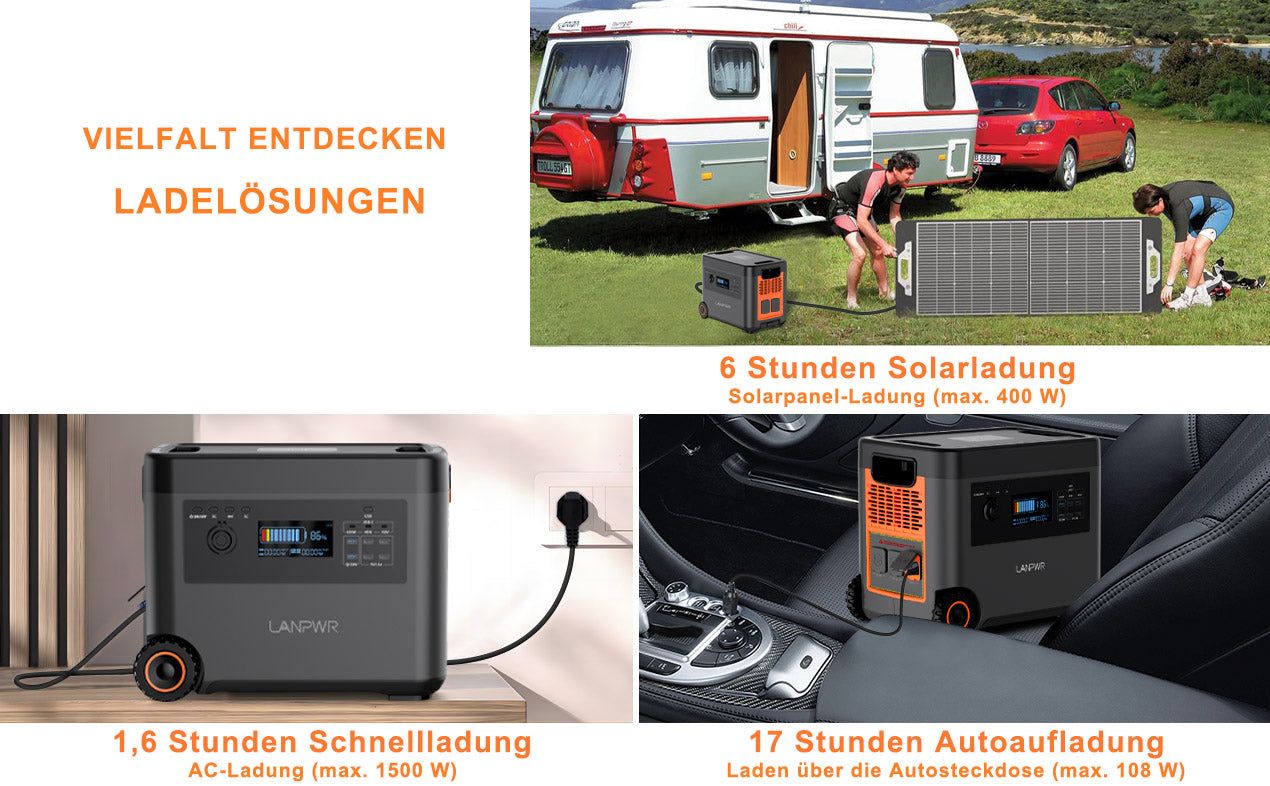
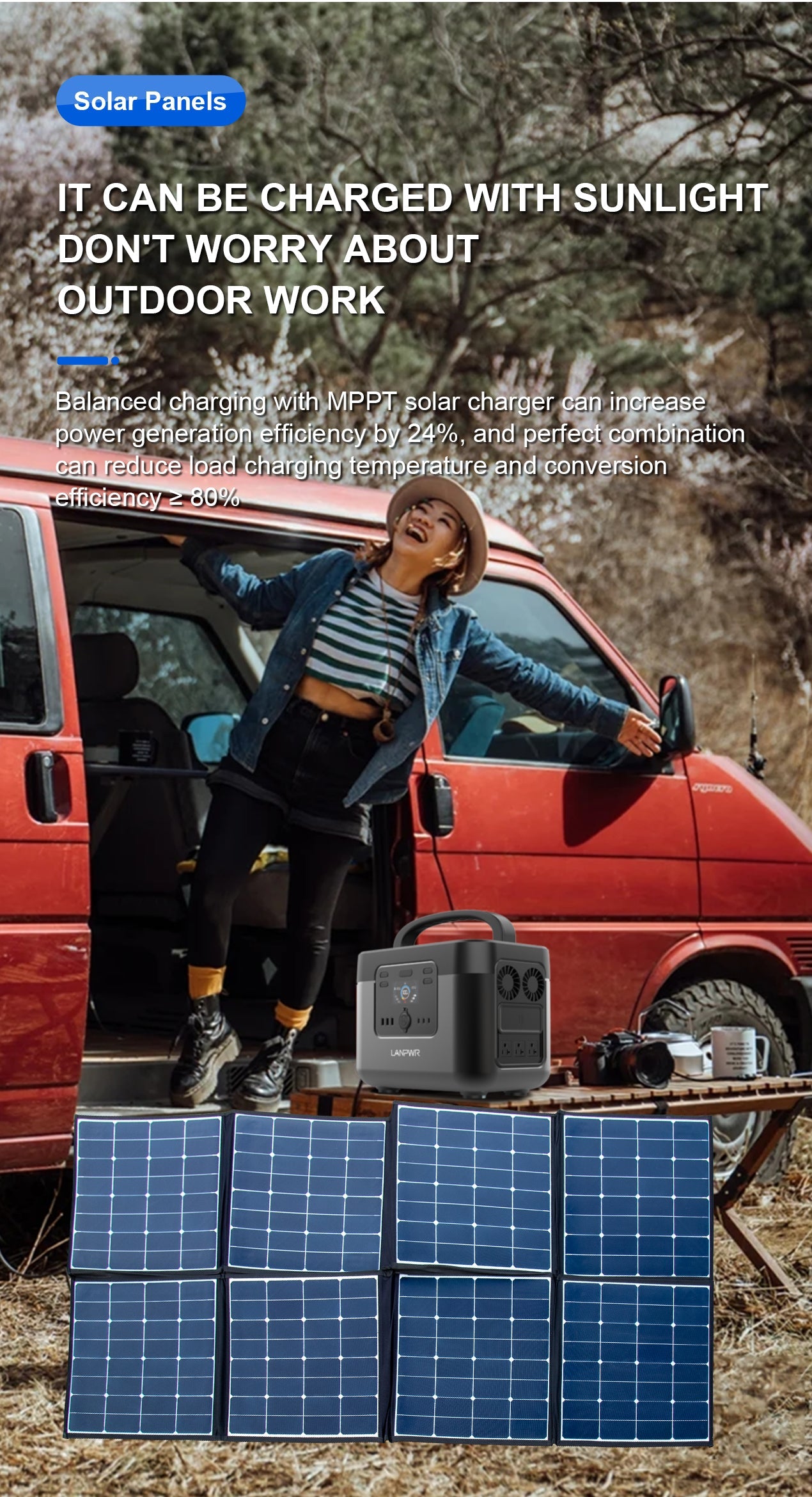

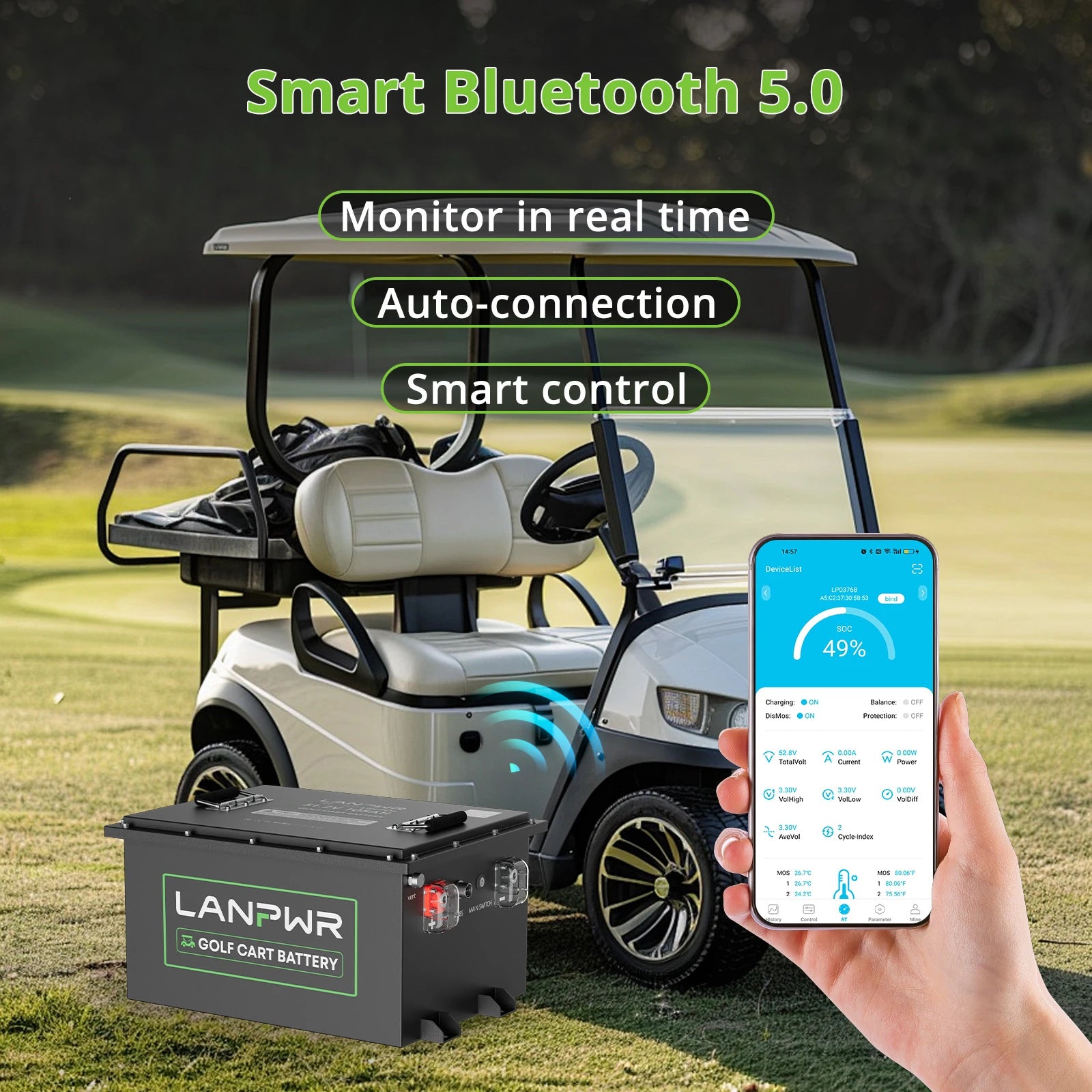
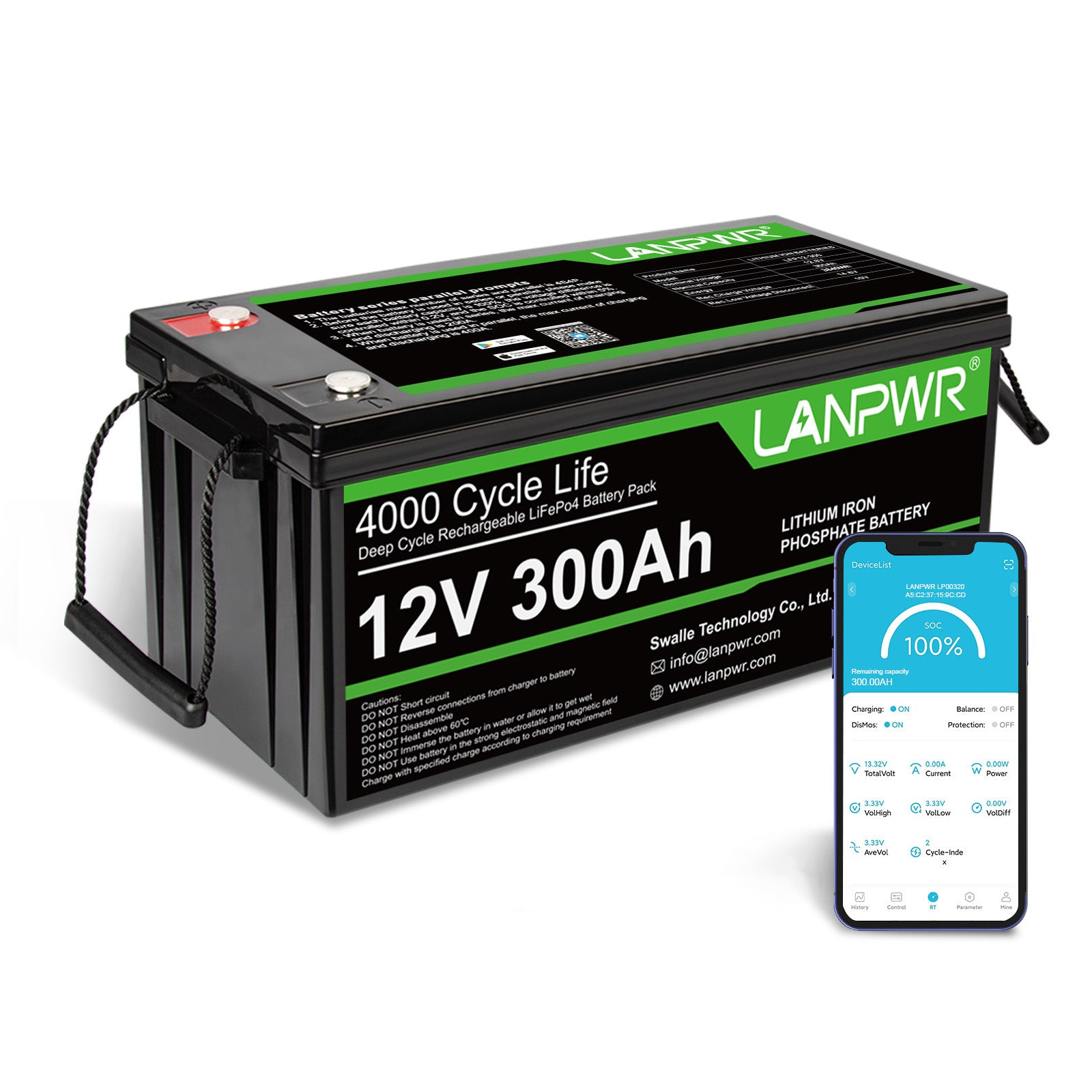
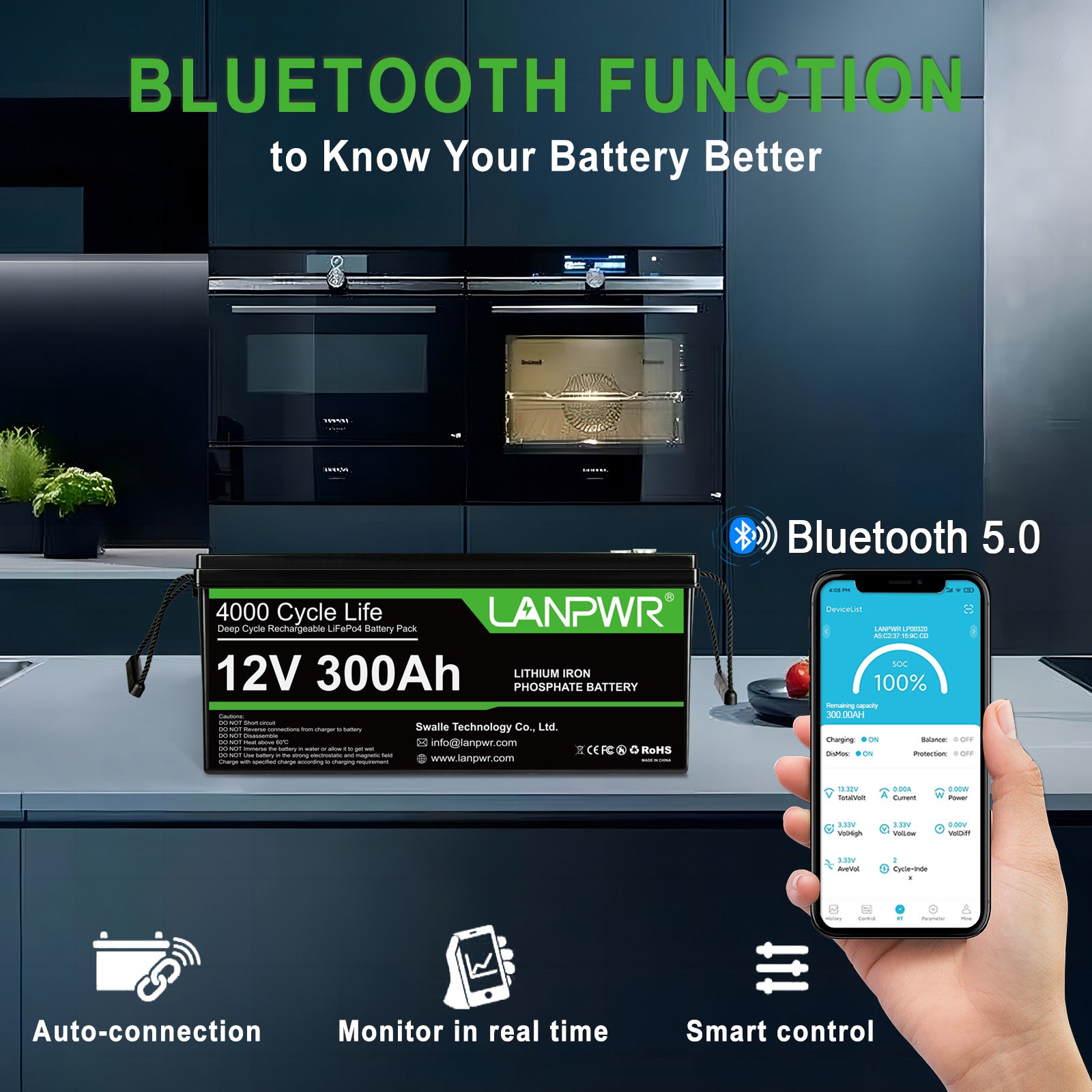
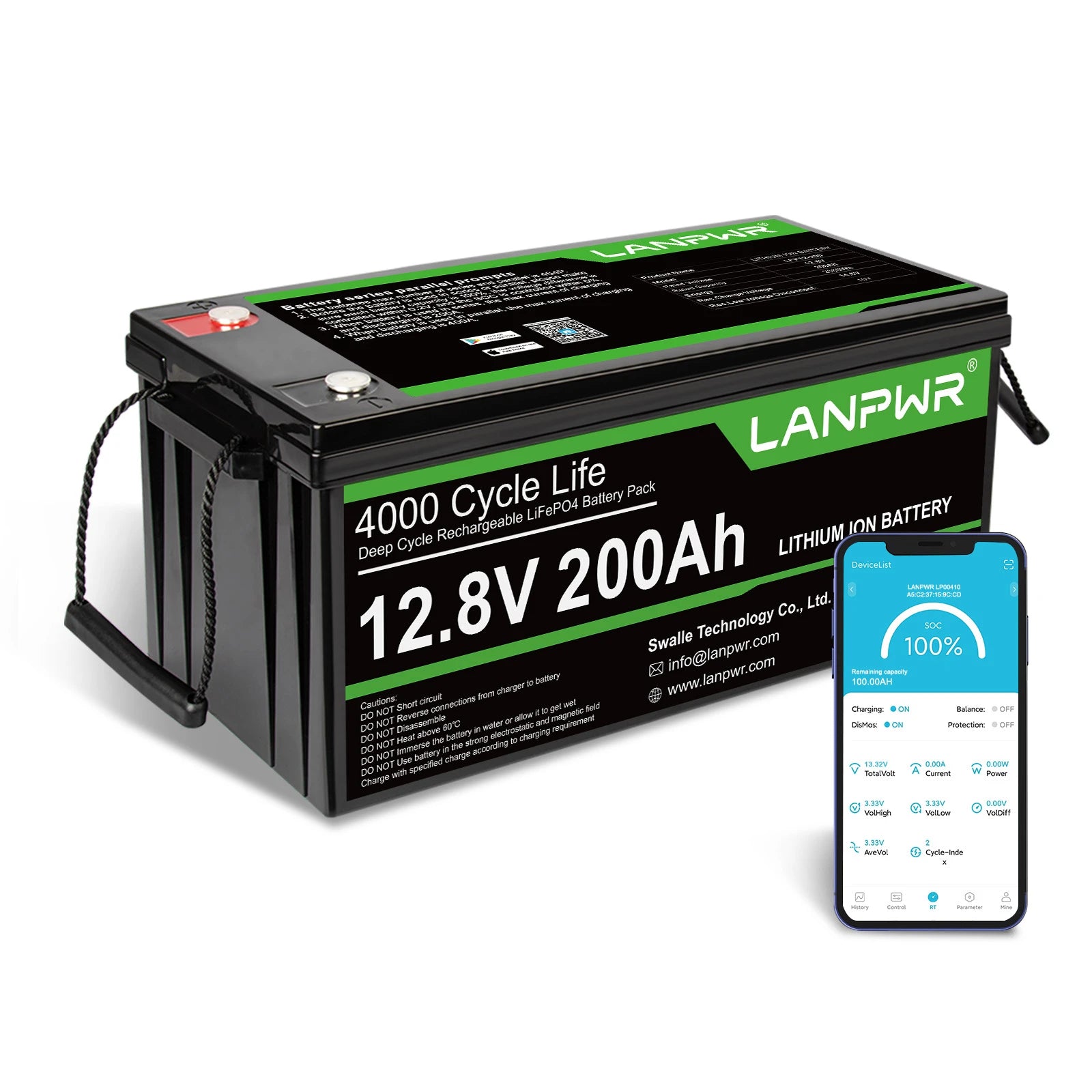
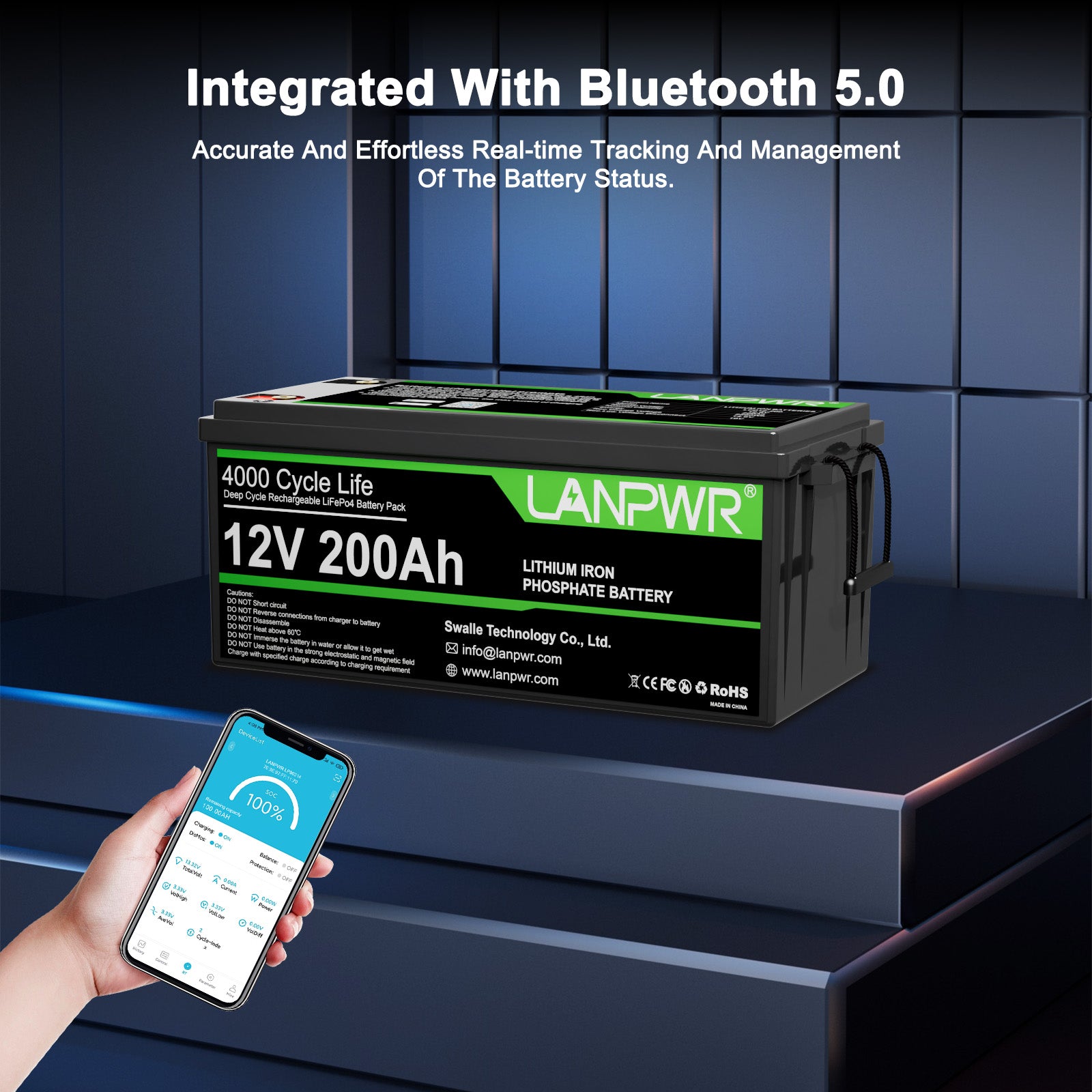
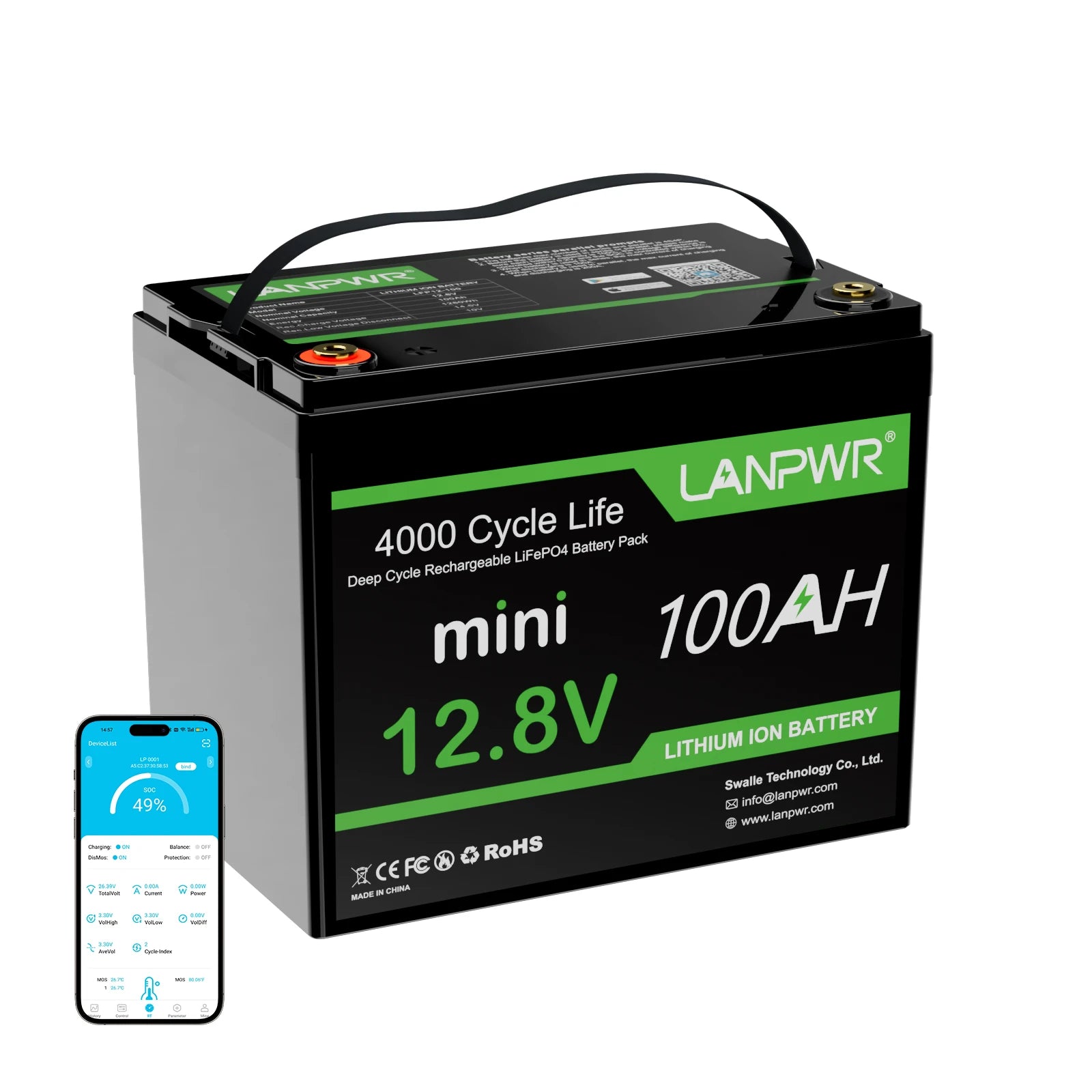

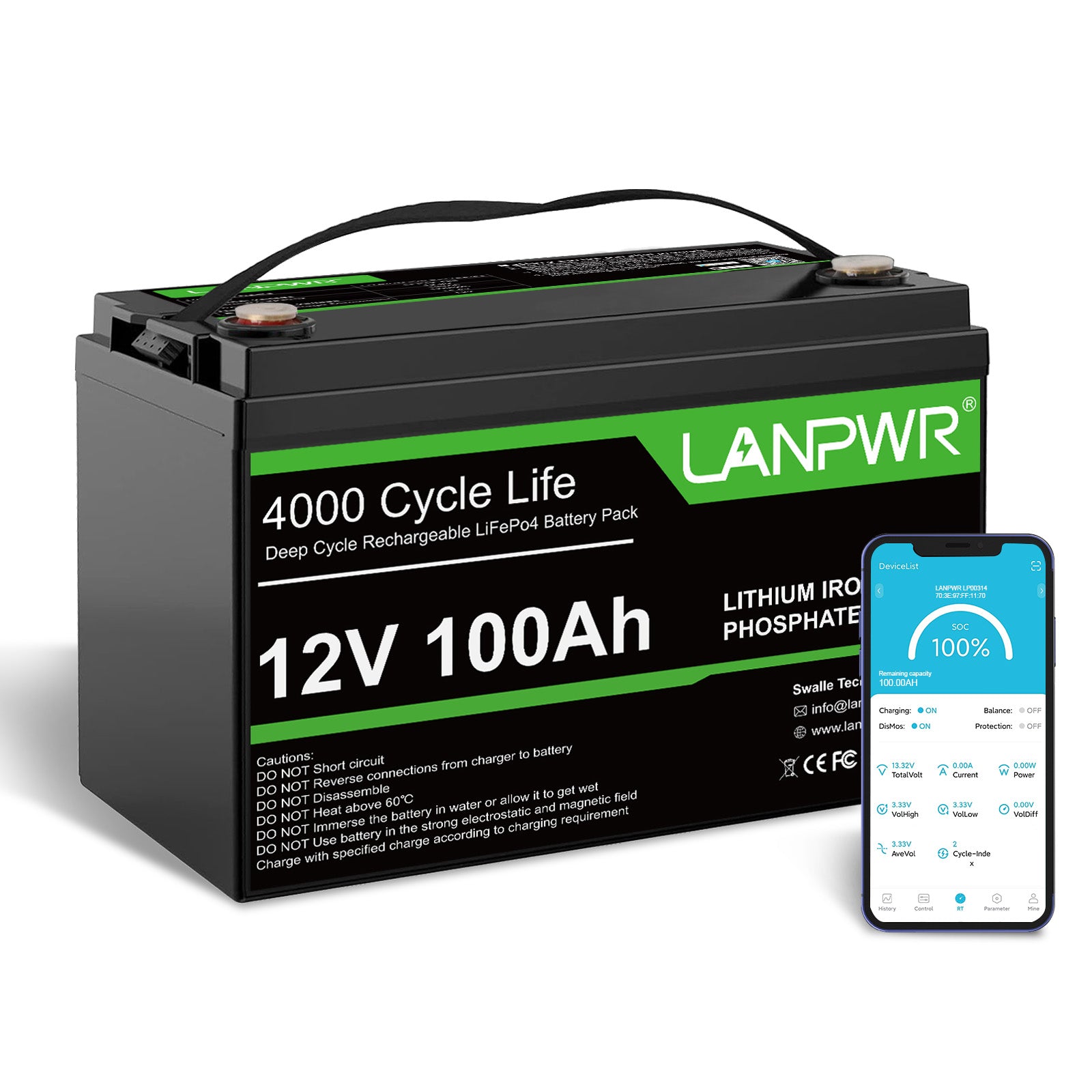

Leave a comment
This site is protected by hCaptcha and the hCaptcha Privacy Policy and Terms of Service apply.